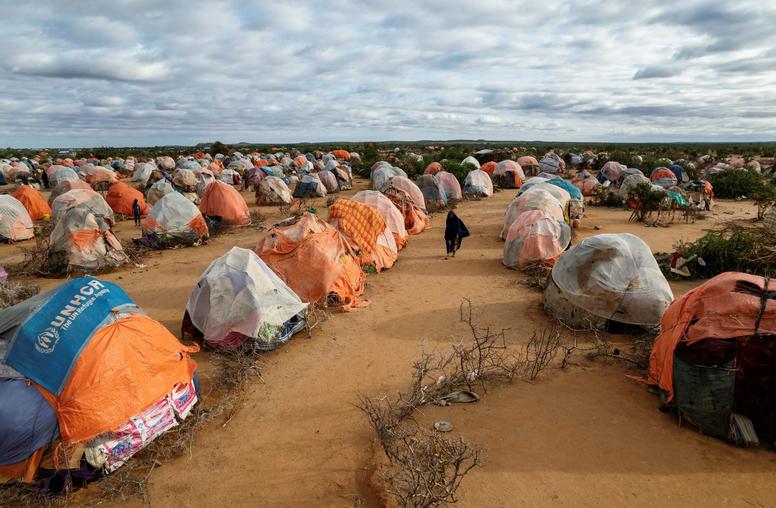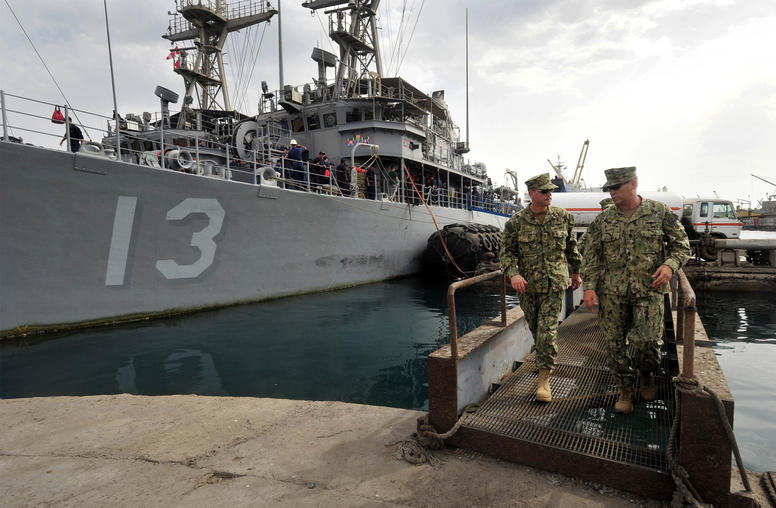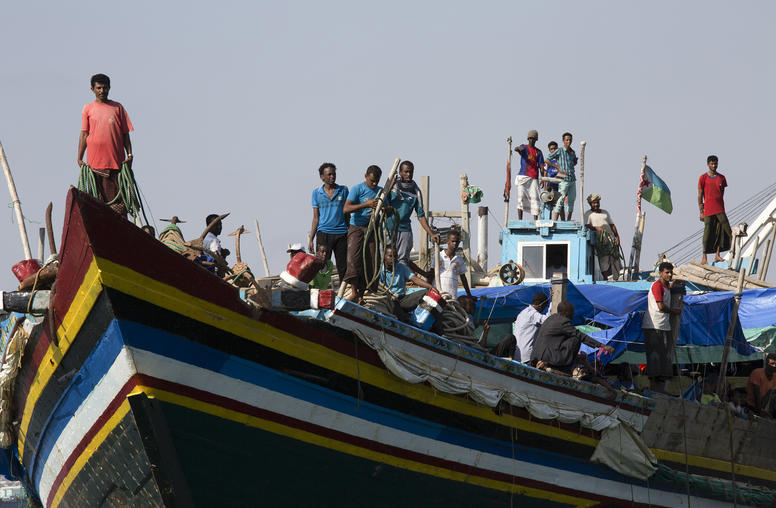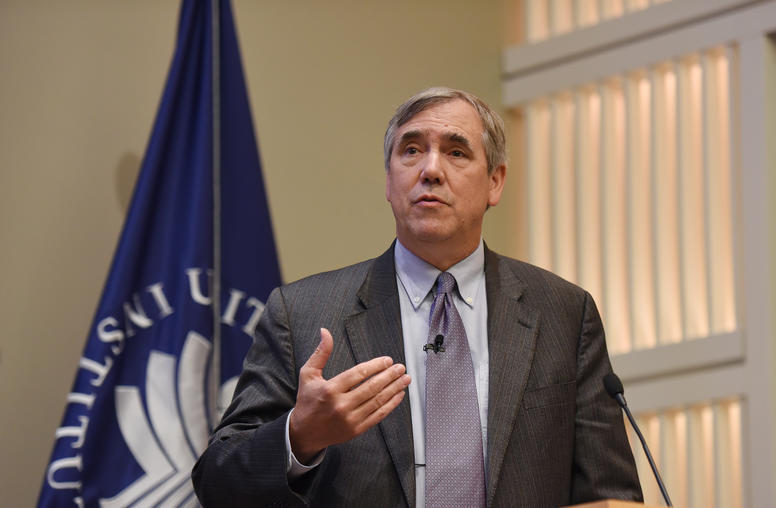Piracy and the Crisis in Somalia: Somali Perspectives
International headlines relating to Somalia focus on the piracy off Somalia's coast in the Indian Ocean. International shipping has been seriously disrupted and even a flotilla of military ships sent by several nations has been unable to stop the pirate attacks. Millions in ransom are being extorted by the pirates. Garnering fewer headlines is the chaotic situation within Somalia itself and the military showdown being waged by the internationally recognized Transitional Federal Government, headed by a moderate Islamist, and two radical Islamic movements that threaten to take control of the whole country. The outcome of this confrontation will have dramatic implications not only for Somalia but for the Horn of Africa and beyond.
On June 12 the U.S. Institute of Peace jointly with Foreign Policy for Change is sponsoring an event to discuss both Somali piracy and the situation within Somalia. The speakers will be three Somalis resident in the U.S. who will present various Somali perspectives on these issues, including how the international community should be engaged.
Speakers
- Abukar Arman
Author and Policy Analyst - Shukria Dini
Institute for the Study of International Migration, Georgetown University - Qamar Ibrahim
Consultant - David Smock, Moderator
Vice President, Center for Mediation and Conflict Resolution, U.S. Institute of Peace
Archived Audio
To listen to audio or to view video, please click on the links provided below. You also can right click on the links and choose "Save Target As" or "Download Linked File." This will save the file to your computer and then allow you to play it in your media player directly.



